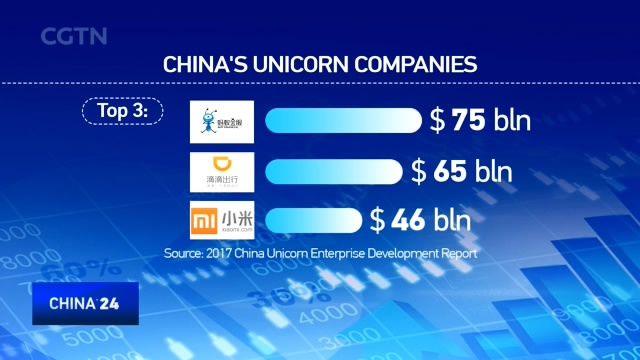
20:56, 01-Apr-2018
Pilot Domestic Listing: China's new share issuance option to bring tech giants back

China's State Council has announced a pilot program aimed at enticing foreign-listed Chinese companies to trade at home. The scheme will cover enterprises specifically in high-tech and strategic emerging industries. Wu Haojun has more.
The opening bell of the Nasdaq rings out. This week witnessed the debuts of Chinese firms, Bilibili and iQiyi, on the American stock exchange. They were just two of many Chinese firms who sought an overseas listing. Last year alone, 16 Chinese firms went public on US exchanges and collectively raised about 3.4 billion dollars. However, through this pilot program, some specific overseas-listed firms can now also trade on the Chinese mainland, through a new option of share issuance, called China Depositary Receipts, or CDRs. Another type of firm that will enjoy the listing policies are unicorn companies, which refers to start-ups worth more than one billion US dollars.
TANG ZHEHUI ASSURANCE PARTNER, ERNST & YOUNG "For start-ups and unicorns, they would usually have many investors helping them list as a red-chip stock in overseas stock markets. But if they come back, some won't be able to meet the profitability requirements for a normal listing. But by issuing CDRs, things will be easier and they won't have to change their investment structure."
China now has 164 unicorns, which is more than the US. They have a combined value of more than 628 billion dollars. Among them, Alibaba Group's finance arm, Ant Financial is top, with a valuation last year of 75 billion dollars. Ride-sharing giant Didi, and smartphone company, Xiaomi were second and third. Because of the rapid expansion of tech start-ups in the country, experts believe they will play a crucial role in fuelling China's economy. That also explains why the government wants to have them listed at home as soon as possible.
It is also hoped the unicorns can beef up the country's stock market, and quell its reliance on the big names from traditional industries.
Although the State Council didn't mention when the pilot program will begin, companies such as Alibaba, Baidu and Tencent have all expressed their interest in returning to A-shares. Wu Haojun, CGTN.

SITEMAP
Copyright © 2018 CGTN. Beijing ICP prepared NO.16065310-3
Copyright © 2018 CGTN. Beijing ICP prepared NO.16065310-3